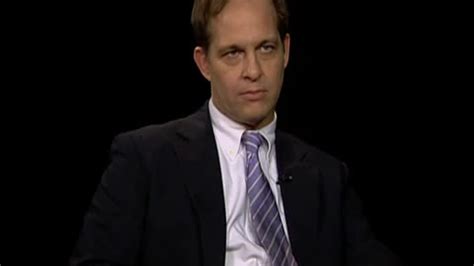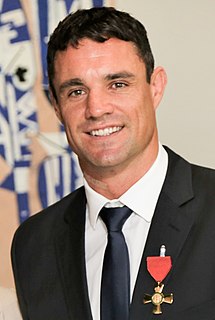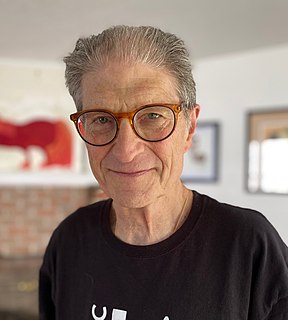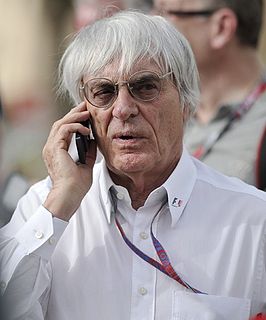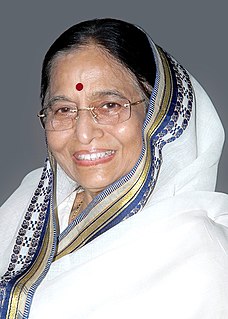A Quote by Orhan Pamuk
In his brilliant new book Pankaj Mishra reverses the long gaze of the West upon the East, showing modern history as it has been felt by the majority of the world's population from Turkey to China. These are the amazing stories of the grandfathers of today's angry Asians. Excellent!
Related Quotes
There's this long history of colonialism and the colonial gaze when applied to matters related to China. So a lot of conceptions about China in literary representations in the West are things you can't even fight against because they've been there so long that they've become part of the Western imagination of China.
The West has never been all of the world that matters. The West has not been the only actor on the stage of modern history even at the peak of the West's power (and this peak has perhaps now already been passed)... It has not been the West that has been hit by the world; it has been the world that has been hit - and hit hard - by the West.
Someone might say about a person, "Oh, they are a 'Westerner." But who are Westerners? Greek, Bulgarian, German, English, Scandinavian, Spanish, American, Latin. All different nations, all different people. Different individuals live in the West. There's no such thing as "West" just as there's no such things as "East." What is "East?" Turkey, Iran, China, India, Japan. They are all different. They are all unique.
Turkey's relationship with the West is a love-hate one. There are people in Turkey who want to open to the outside world and others who are frightened of the outside world. They don't feel secure; they think that foreigners are trying to harm or even destroy Turkey. But that's not true of the majority of Turks, who want to exercise their skills in a global market.
It has been said that Canada is bounded 'on the north by gold, on the west by the East, on the east by history - and on the south by friends'.* We hope that will always be the case and we hope it will be the case not only with respect to the United States, your immediate neighbor to the south, but with respect to all your southern neighbors - and ours - who are bound by the great forces of geography and history which are distinctive to the New World.
I arrived in San Francisco in January 1951. After the Second World War, the population was so uprooted. Soldiers came back home for brief periods and took off again. So the population was very fluid, and suddenly it was as if the continent tilted west. The whole population slid west. It took 10 years for America to coalesce into a new culture. And the new culture happened in San Francisco, not New York.
In his study of Atlanta over the last 60 years, Kevin Kruse convincingly describes the critical connections between race, Sun Belt suburbanization, the rise of the new Republican majority. White Flight is a powerful and compelling book that should be read by anyone interested in modern American politics and post-World War II urban history.
The BRIC countries - Brazil, India, China, Turkey, South Africa, Indonesia even, and Russia - are now new actors. Over the last eight years, China multiplied by seven its economic presence and penetration in the Middle East. And if this happens on economic terms and there is a shift towards the East, the relationship between these countries and Israel is completely different from the United States. And it means that the challenges are going to be different, because China is not supporting Israel the way the U.S. are supporting Israel.
I think that it is true that for me as I observe it, that the Western World tends to be more of , tends to encompass more of, the masculine energy of the planet itself, the planet's population. Whereas the Eastern part of the world tends to encompass more of the planet's population's feminine aspects. And for those reasons the East and the West tend to approach God very much as men and women do. So the differences between East and West are the differences between men and women, largely.
Absorbing. . . . Scrupulously reported . . . illuminates today’s Middle East. . . . The ‘least interventionist of any modern president,’ the father of the Eisenhower Doctrine that still defines US policy in the Middle East . . . in 1956 battled demons in bodies personal and politic and in the desert – and prevailed. Nichols’ book, written lean enough to allow the facts to speak for themselves, makes for exciting history.






